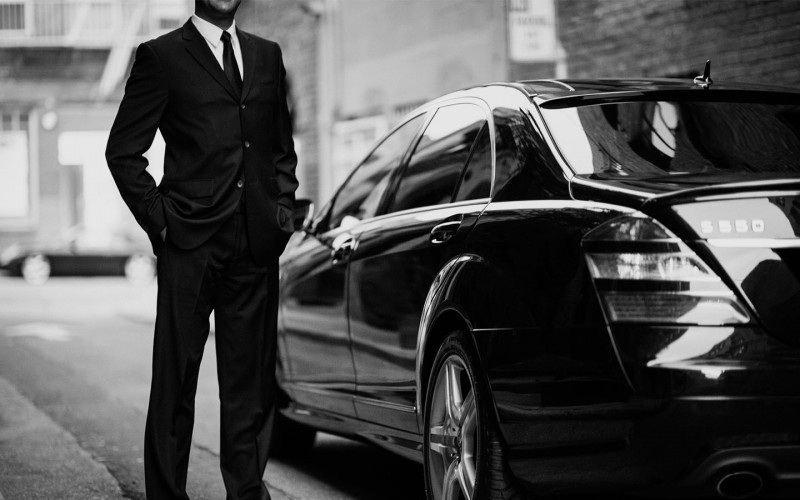Advancements in technology have made available millions of jobs that simply weren't possible a decade or so ago. One such example is Uber, the app-based transportation service that's giving Americans the flexibility to earn extra income both in their spare time and as a full-time job.
To help put Uber's impact on the economy into perspective and give outsiders a view of what they're accomplishing, the company recruited research firm Benenson Strategy Group to conduct a survey of its driver-partners.
That data was then combed over by Princeton economist Alan Krueger to come up with a comprehensive analysis. Here's a snippet of what they found.
A large majority of those polled - 87 percent - said a major reason they signed up to be an Uber driver was the flexibility of being able to set their own schedule. Similarly, 85 percent said a desire to have more balance between work and their family life drove their decision (no pun intended).
As for the types of people Uber attracts, it appears to be split pretty even between those that previously worked in the for-hire transportation industry (taxi services, etc.) and those that didn't. A third of Uber drivers use the service to supplement their earnings from their full-time job. As such, it should come as little surprise that 71 percent of partners say they're better off financially because of Uber.
While that all sounds great, most people are probably reading this article to find out how much Uber drivers actually make. According to the report, Uber driver-partners in six of its top markets earned more than $20 per hour on average compared to an average hourly wage of less than $13 by traditional taxi drivers and chauffeurs in the same cities.
